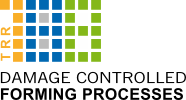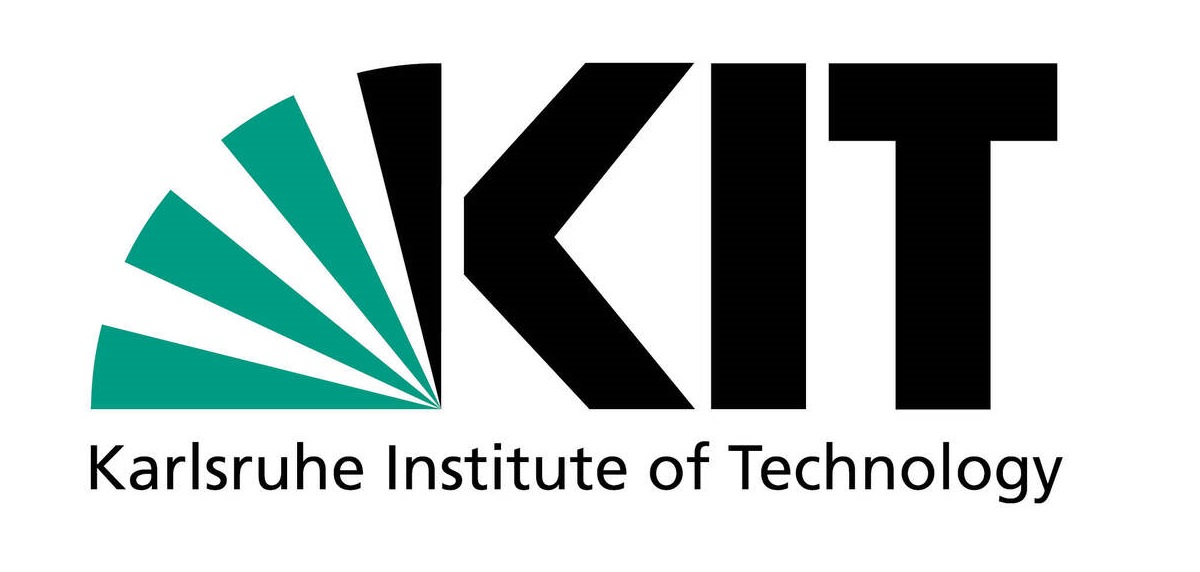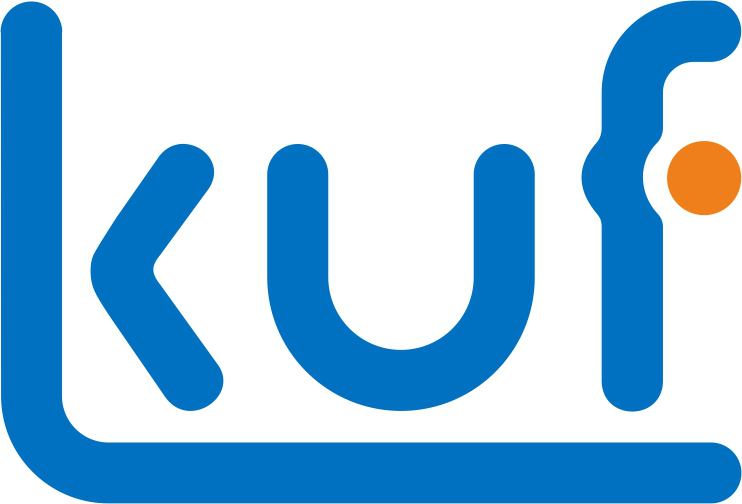The working group “Definition of damage and transfer to education” developed an interdisciplinary definition of damage in the 1st funding period based on the TRR insights from forming technology, materials science and modeling. Initially started and led by Dr. Till Clausmeyer, it was continued under the supervision of the interdisciplinary group of Dr. Patrick Kurzeja, Jan Gerlach, M.Sc., and Joshua Grodotzki, M.Sc. At the end of the 1st funding period, a publicly available comprehensive overview lecture was provided (linked below). The material can be used for a short 15-minute introduction to the topic or as a two-hour extended lecture on the mechanisms and characterization of damage, as well as damage-controlled processes. For instance, this lecture is now permanently incorporated into the fifth-semester metal forming fundamentals course at TU Dortmund University. The 2nd funding period extended the knowledge transfer regarding all research topics of the TRR 188 by developing a freely available, full lecture series entitled “Damage in metal forming“. Chapter by chapter, it first introduces the paradigm of damage control as a new opportunity, identifies the relevant mechanisms, provides means of damage characterization, explains methods for predictive modeling and concludes with damage-controlled forming processes. The content is divided into two levels of difficulty, addressing students from intermediate courses with introductory material and Master/PhD-level with detailed insights from the research of the TRR. The content is available in the form of freely customizable PowerPoint© slides (e.g., at TRR188-Lectures3). While accompanying videos provide a guideline for their possible usage as a self-contained lecture series, selected slides, figures or concepts can be employed by lecturers and other interested parties just as well. The creation was supported by the Academic Teaching & Faculty Development at TU Dortmund University and the legal information-center of the Digital University of North Rhine-Westphalia. The outcome of this working group resembles the unique situation within the TRR 188: it was only made possible by the collaboration from three research areas, and it opens the opportunities of state-of-the-art developments for future student generations.







